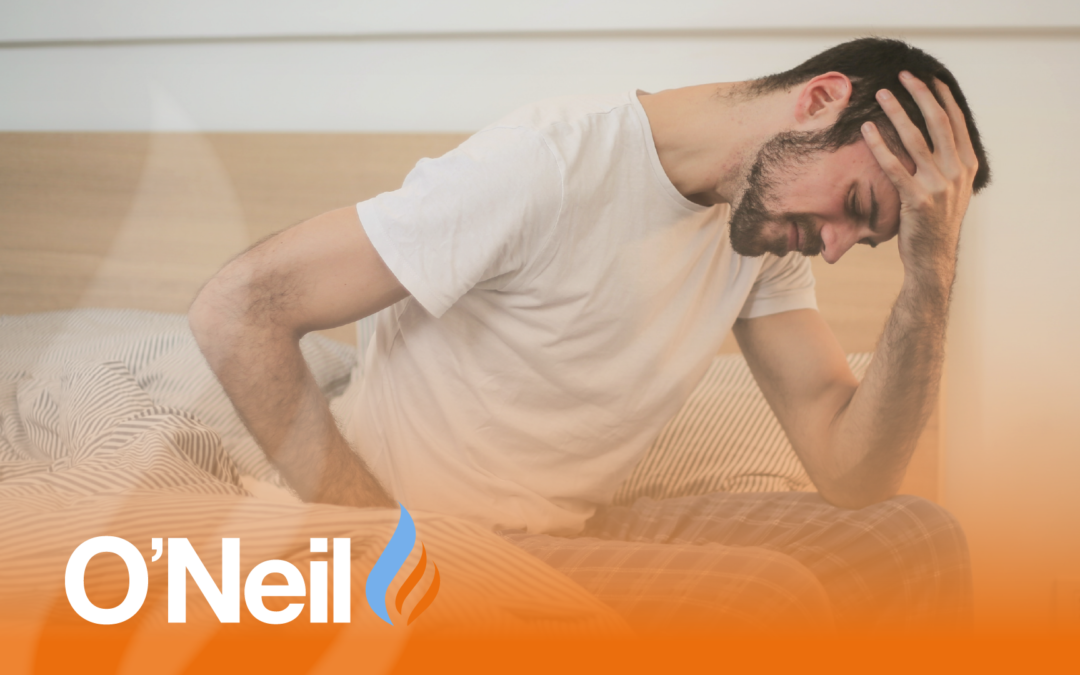With Covid-19 present in our daily lives, we want to make sure you know the symptoms of Carbon Monoxide (CO) poisoning and the similarities between the effects of this poisonous gas and coronavirus.
CO: What is it? The symptoms? And what action to take?
Carbon Monoxide (CO) is an extremely poisonous gas that’s created as a result of the incomplete burning of natural gas or liquefied petroleum gas (LPG).
This can occur when an appliance using either of these fuel types has been incorrectly installed, poorly repaired/maintained or when vents, including chimneys and flues, are blocked.
CO is dangerous as it’s odourless and tasteless, meaning that you may not immediately realise it is present. To begin with, carbon monoxide poisoning may just feel like a bad hangover, food poisoning, the flu or covid-19 symptoms – So it is even more important to be aware of the risks.
Carbon monoxide symptoms and how to check for CO:
The Gas Safe Register state there are 6 main symptoms to be aware of:
- Headaches
- Dizziness
- Nausea
- Breathlessness
- Collapsing
- Loss of consciousness
To help distinguish between what is causing you to feel unwell, you can test if the symptoms are more noticeable or acute when you are at home rather than when you’re outside. Also look out for if others in your household, including your pets, are experiencing the same symptoms. These factors point to something in your home environment not being quite right.
Check your gas appliances:
- Is your pilot light often out?
- Can you see a floppy yellow or orange flame on your hob or in your boiler (if easily visible), rather than a crisp blue one?
- Do you have dark staining, like soot, around any of your gas appliances?
- Is there visible condensation inside your windows, when there usually isn’t any?
If you suspect a gas leak or your CO alarm has sounded, turn off all gas appliances, open the windows and doors to ventilate the property, and contact a professional to assess the situation.
If you’re in any doubt, please get this checked out urgently. You can call our helpline 24 hours a day 7 days a week 01292 619 799
Why is Carbon Monoxide (CO) Dangerous?
CO replaces oxygen in your blood which can cause body tissue and cells to die. In severe cases, this can lead to poisoning, paralysis, brain damage and death.
What action to take next?
There are 4 key steps to take should you detect CO in your property:
- Ventilate the property quickly by opening doors and windows
- Get everyone outside as quickly as possible, taking care to turn off the gas appliance on the way out.
- See and doctor or go to the hospital asap, inform them you suspect CO poisoning and they can check your breath or blood to see if you need further treatment.
- Report it immediately to the Gas Emergency Helpline on 0800 111 999.
As with most things, prevention is better than cure!
When your health is potentially at risk, it’s important not to take any chances. Prioritise getting your boiler and/or gas appliances checked annually, or if you’re a tenant, make sure your landlord is doing this for you. O’Neil Gas can provide this service at a great price, or for Free as part of an O’Neil Care annual plan. You can also ask us about installing connected heat, smoke and CO detectors too.
Find out everything you need to know about installing smoke and CO alarms here.

